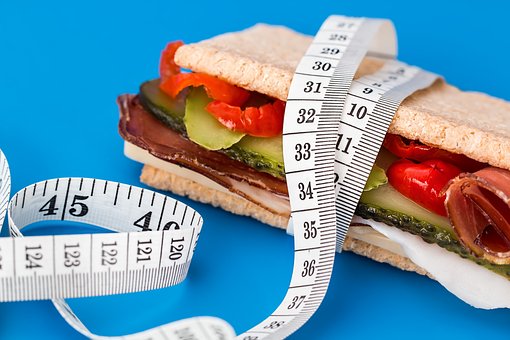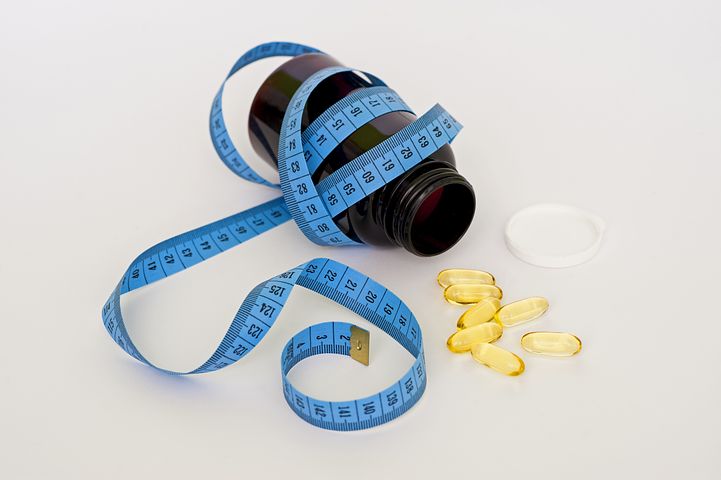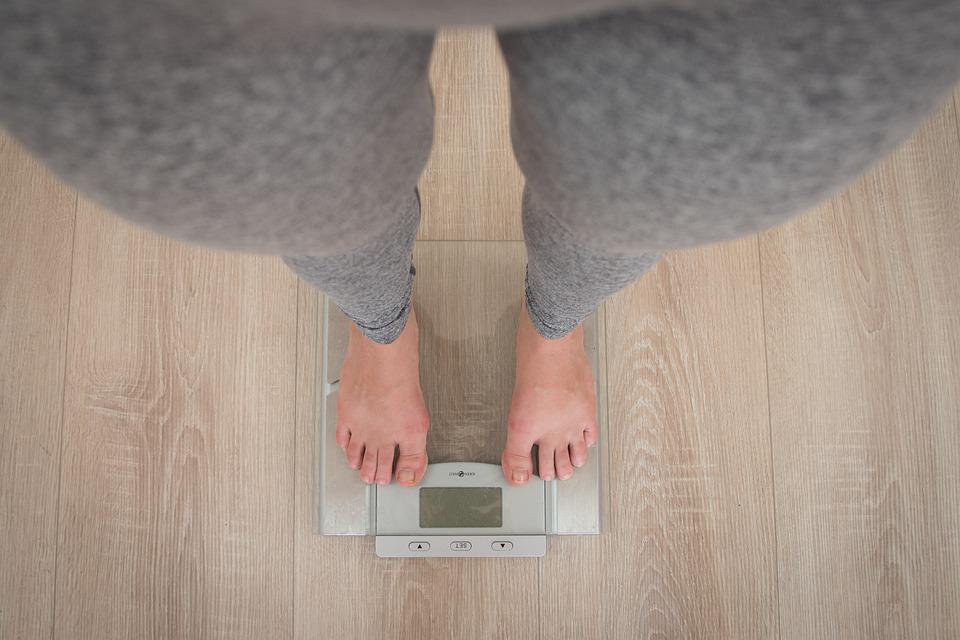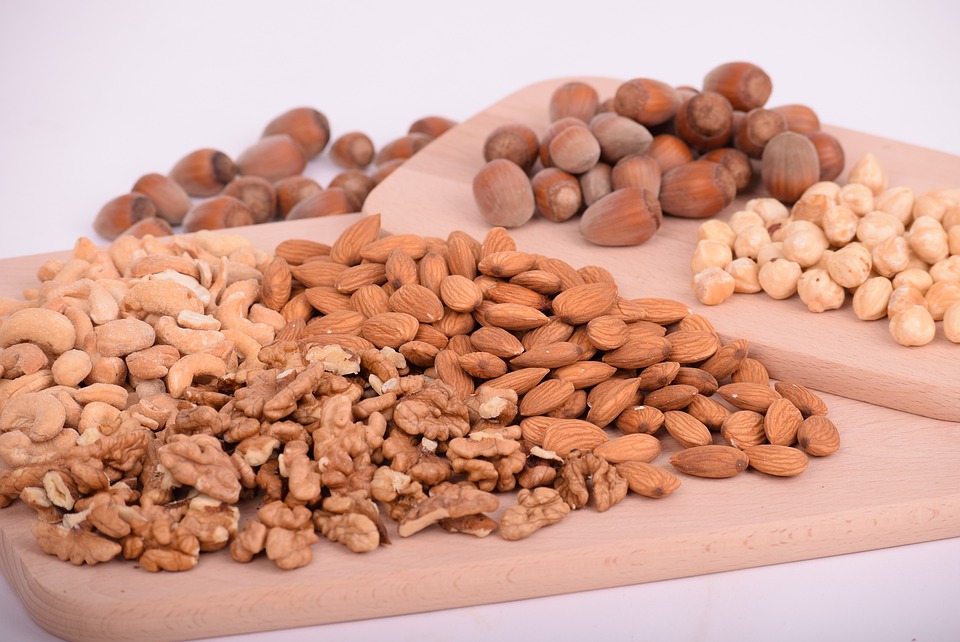
Consuming a specific amount of calories on a daily basis can assist you in attaining and sustaining a healthy body weight. Investigating indicates that adhering to a healthy eating regimen and consuming the correct amount of calories for your body can do wonders for their wellbeing and add to their life span.
To figure out how much food to consume each day, it is beneficial to be aware of the accepted suggested caloric intake. From that point, other elements can be taken into account to determine the ideal caloric intake that would fit with your body type and objectives related to health. This is what you should be aware of concerning daily caloric intake.
How Many Calories Should You Eat In a Day?
The number of calories you need to consume on a daily basis will vary depending on changes in your body composition and size, physical activity, and overall health. Familiarizing yourself with the suggested calorie intake standards can give you a clearer notion of what your calorie limit should be. The differences depend on if you are an adult, a teen, or a child.
Adults
The Dietary Guidelines for Americans from 2020-2025 suggest that adult females should consume somewhere between 1,600 and 2,400 calories per day. The caloric intake for males falls in the range of 2,200 to 3,200 calories each day.
If you are not very active or are older, it is likely that you will require fewer calories than the average range. It is possible to get nearer to the peak of success if you lead a fairly active lifestyle, are expecting a baby, or are breastfeeding.
Teens
Suggestions for the amount of calories teens should consume differ based on age, gender, and how physically active they are. A 13-year-old girl should consume between 1,600 and 2,200 calories a day, while it is recommended that a 13-year-old boy should have an intake of 2,000 to 2,600 calories daily.
These amounts increase slightly in the later teen years. Girls aged between 14 and 18 should consume anywhere from 1,800 to 2,400 calories each day. It is suggested that boys of this age should consume between 2,000 and 3,200 calories each day.
Children
Kids aged 2 to 3 years old require between one thousand and one thousand four hundred calories per day. The extent to which they are positioned in this scale is determined by their level of activity.
The amount of calories children need on the daily basis between the ages of 4 to 8 starts at 1,200 calories and goes up to 1,800 calories for girls and 2,000 calories for boys. For females aged nine to thirteen, the recommended amount of calories to be consumed per day is between 1,400 and 2,200 calories. For males in the same age group, the suggested caloric intake is between 1,600 and 2,600 calories per day.
Young children typically have a knack for controlling how many calories they consume, which is why it is more beneficial to balance their diet, instead of monitoring the exact amount of calories they eat.
Using Weight Loss Calculators
Using an online calculator can be beneficial in achieving whichever weight-related goal one may set, whether it be to reduce, increase, or stay the same. The calculator employs your gender, body mass, stature, and years of age to calculate the amount of calories required to power your body for everyday activities.
Then it increases the calories for gaining weight or decreases the calories necessary for losing weight. This program can calculate the amount of calories one needs to consume in order to keep their weight stable.
Putting in exact data can assist in calculating your daily caloric requirements. Keep a diary of all activity for a week to determine how active you are, or check the data from your fitness tracker to get a rough indication.
Next, the calculator will ask you about your goals. It’s important to be realistic during this step. Try to set goals that you believe are attainable. Once you have accomplished your objective, you can always aim for something higher.
If you are attempting to shed some pounds, a reasonable rate of weight decrease is 0.5 to 2 pounds every week. If you are looking to put on weight, aiming for a gain of 1 to 2 pounds per week is a healthy objective.
Calorie Counting as a Means for Weight Loss
Calorie counting with the intent of losing weight, on its simplest levels, can be broken down into a few general steps:
- Determine your BMR using one of the provided equations. If you know your body fat percentage, the Katch-McArdle Formula might be a more accurate representation of your BMR. Remember that the values attained from these equations are approximations and subtracting exactly 500 calories from your BMR will not necessarily result in exactly 1 pound lost per week – it could be less, or it could be more!
- Determine your weight loss goals. Recall that 1 pound (~0.45 kg) equates to approximately 3500 calories, and reducing daily caloric intake relative to estimated BMR by 500 calories per day will theoretically result in a loss of 1 pound a week. It is generally not advisable to lose more than 2 pounds per week as it can have negative health effects, i.e. try to target a maximum daily calorie reduction of approximately 1000 calories per day. Consulting your doctor and/or a registered dietician nutritionist (RDN) is recommended in cases where you plan to lose more than 2 pounds per week.
- Choose a method to track your calories and progress towards your goals. If you have a smartphone, there are many easy-to-use applications that facilitate tracking calories, exercise, and progress, among other things. Many, if not all of these, have estimates for the calories in many brand-name foods or dishes at restaurants, and if not, they can estimate calories based on the amount of the individual components of the foods. It can be difficult to get a good grasp on food proportions and the calories they contain – which is why counting calories (as well as any other approach) is not for everyone – but if you meticulously measure and track the number of calories in some of your typical meals, it quickly becomes easier to accurately estimate calorie content without having to actually measure or weigh your food each time. There are also websites that can help to do the same, but if you prefer, manually maintaining an excel spreadsheet or even a pen and paper journal are certainly viable alternatives.
- Track your progress over time and make changes to better achieve your goals if necessary. Remember that weight loss alone is not the sole determinant of health and fitness, and you should take other factors such as fat vs. muscle loss/gain into account as well. Also, it is recommended that measurements are taken over longer periods of time such as a week (rather than daily) as significant variations in weight can occur simply based on water intake or time of day. It is also ideal to take measurements under consistent conditions, such as weighing yourself as soon as you wake up and before breakfast, rather than at different times throughout the day.
- Keep at it!
This is an effort to follow the most rudimentary method offatkeeping track of calorie intake. There is no precise way to measure calories, and one can make the process as detailed or simplistic as they choose. The amount of carbohydrates, fats, and proteins consumed is not taken into account. There is no precise ratio of macronutrients (fats, proteins, carbohydrates) that is known to be the best, however, some sort of balance is important. Additionally, research has revealed that different foods can have varying consequences on one’s wellbeing, hunger levels, and the amount of calories burned. Generally, plant and animal foods that have been lightly processed are usually better for maintaining or losing weight healthily.
There isn’t a single perfect way to drop those extra pounds, which explains why there are so many various diets and exercise regimens available to pick from. Although the effectiveness of a weight loss regiment may differ from person to person, not all are created equal and research indicates that certain methods are more beneficial than others. In other words, calorie counting is generally the best approach to losing weight. The bottom line is that if you take in more calories than you burn off, you will gain weight; if you burn off more calories than you consume, you will lose weight. This is certainly not an exhaustive account, and many different elements are involved in attaining a healthy and enduring decrease in weight. An example of this is that there are differing studies on whether the kind of calories or foods eaten, or the way they are eaten, has an effect on losing weight. Research has demonstrated that if a meal demands more chewing and is tougher to break down, the body will use up more energy – a metabolic process sometimes called the thermic effect of food. Burning slightly more calories may not make a major difference, but foods that are not as easy to process like vegetables are typically better for you and offer more nourishment for fewer calories than processed foods.
It was demonstrated that only the number of calories consumed is a crucial factor when it comes to losing weight, since a person on the Twinkie diet managed to lose 27 pounds in two months while ingesting only calorie-counted snacks. Although this is a viable option, it is not recommended. In this instance, no adverse health effects were seen, however, other factors should be taken into account such as the potential risks of long-term consequences, e.g. cancer, heart disease and diabetes due to the dietary regime. Nevertheless, putting aside efficiency and health, persistent and considerable cutting back on calories or an increase in physical activity should result in weight loss, and keeping track of the calories consumed can be a successful way to reach this singular outcome.
It helps to keep track of calories to be able to estimate how much exercise is necessary in comparison to eating a 220-calorie bag of M&M’s, raising one’s knowledge concerning the amount of physical activity that is required. When people become aware of the physical activity that a certain snack would require them to do, they are more likely to give up eating it as compared to going through the hassle of doing the necessary amount of exercise, this in turn can lead to improved dietary choices.
Ultimately, it is vital to select a plan that works best for you. Calorie counting is not the only way to lose weight; there are numerous other approaches one could utilize. Even within calorie counting, there are many ways to go about it. Locating an approach that works within your normal routine and that you are practical that you can stick to is probably going to be the most reliable choice and ideal outcome.
Reaching Your Goal Weight
Once you have entered your details into the calorie calculator, you will be given a recommended daily calorie intake. This is the amount of calories you need to consume every day to achieve your desired weight in the specified period of time.
To Lose Weight
If you want to lose weight, you need to consume fewer calories than what is recommended for your daily calorie allowance. Having a calorie deficit means that you are taking in fewer calories than your body is using, resulting in your body burning stored fat for energy.
You can reduce your calorie intake below the amount your body requires. You can get rid of additional calories by boosting your exercise. A successful way to shed pounds is to incorporate both a nutritious diet and regular physical activity.
It can be tempting to drastically cut down on your calorie intake, but diets which contain less than 800 to 1000 calories each day could have detrimental effects. Only attempt to make dietary changes under the guidance of a healthcare professional to ensure that you are getting the full nutrition you require.
To Gain Weight
If you are aiming to put on weight, your day to day calorie allowance needs to be more than what you need for your body to function. The key to making this gain healthy involves following a few simple guidelines:
- Eat high-quality high-calorie foods, such as high-protein meats, healthy fats, and whole grains.
- Eat more often (this helps if you get full quickly).
- Add extra calories to your meals by putting nuts on your morning oatmeal.
- Drink nutrient-rich shakes.
- Incorporate strength training into your exercise routine.
We’ve tried, tested, and reviewed the best protein shakes. If you are looking for a fitness tracker, investigate which one could be the best fit for you.
To Maintain Weight
Many studies have tried to discover the most efficient methods for maintaining the same weight, particularly after succeeding in shedding pounds. The evidence from research is inconclusive as to which strategies prove to be the most successful.
Despite this, numerous studies did establish that adhering to a high-protein diet could possibly aid in keeping weight. It was proposed that consuming a diet high in omega-3 fatty acids and polyphenols would be a great way to maintain a healthy body weight.
Conclusion
Figuring out how many calories you should consume is a wise step in being aware of your diet. Although focusing on your weight is a healthy practice, an extreme obsession with calorie intake may be indicative of dangerous diet trends or an eating disorder. See a medical professional if you require assistance determining your optimal calorie consumption.














